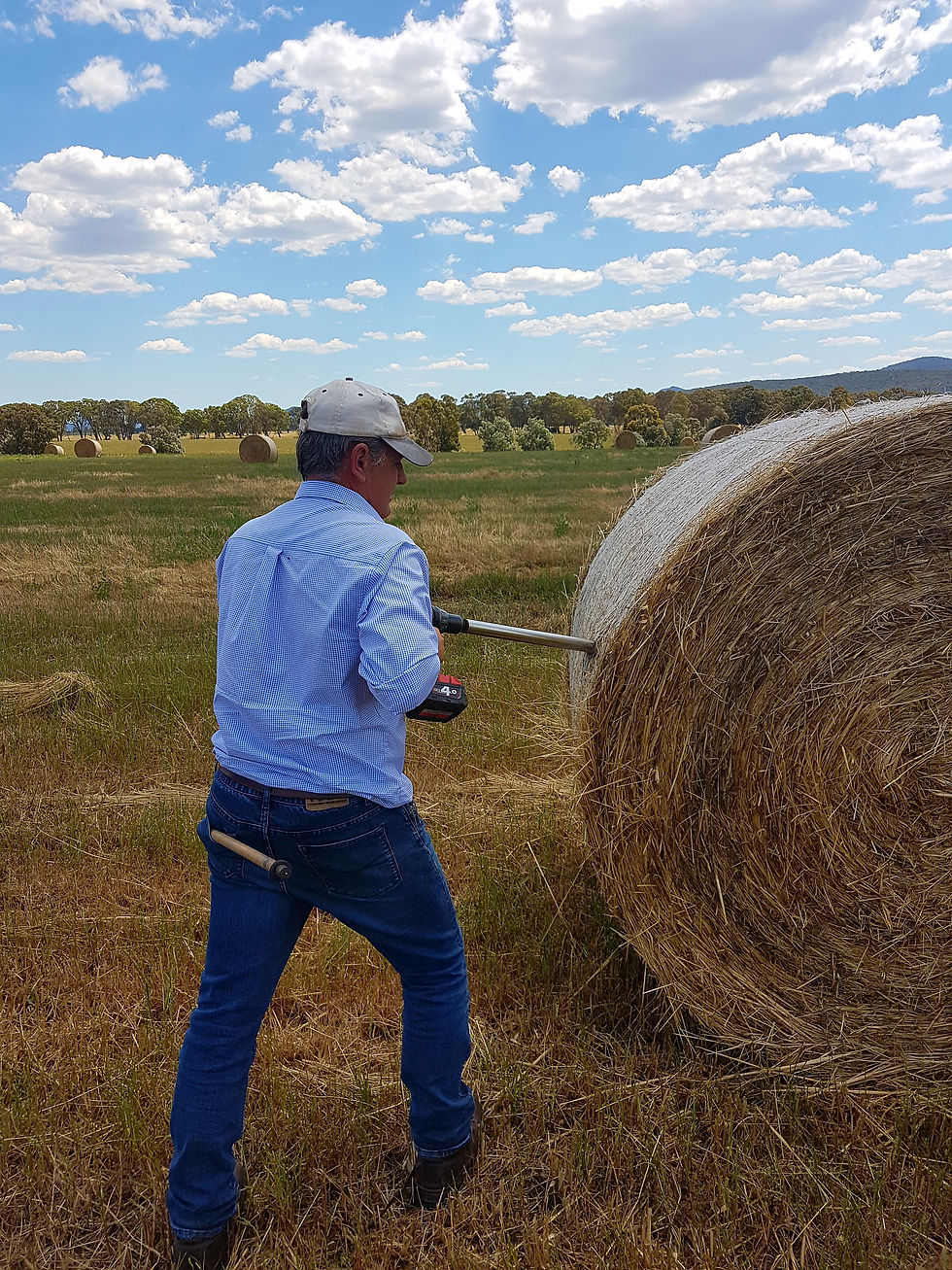ARE ENDOPHYTES STIRRING UP ISSUES ON YOUR FARM?
- Owen Rees

- Dec 31, 2017
- 2 min read

This summer there is likely an issue with pasture endophytes due to recent summer rains. This type of toxicity is found in ryegrass (PRGT Perennial Ryegrass Toxicity), and Tall Fescue. It is often referred to as Staggers.
WHEN: Issues occur when the plant is stressed, typically seen in early summer at a time of year when a decent rain kick starts pasture growth. The high temperatures and lack of follow up rain cause the plant to be stressed and send out toxins as a defence mechanism.
WHY: The plant has a natural response to stress to help it resist against pests and disease. This response produces Endophytes – toxins that are created to try and protect the plant, but are toxic to livestock. Some alkaloids flatten out the veins thus reducing blood flow and causing heat stress, others are partially converted to LSD hence making animals “spooky” or "spooked" and difficult to manage.
CATTLE: It is less dramatic in cattle, however in lactating cows milk will be reduced, effecting calf growth rates. Cattle will experience increase in body temperatures, and often become flighty and difficult to manage.
SHEEP: It is not uncommon to have large scale mortalities from PRGT. The sheep suffer heat stress, get hot and swim in dams in which they can then become stuck. Often they fall over, can’t graze or drink and generally are unproductive and unmanageable.
MANAGING IT: Dilution is the best cure i.e. Feed stock forage that is not affected. However, this is not always feasible. A toxin binder will assist to deactivate the toxins, this is a cost effective way to manage these issues preventing losses in productivity.
TPM Bovine Boost and Flock Boost with the inclusion of Elitox® is a cost effective and simple method to manage PRGT
Contact your TRAC ruminant consultant today to find out more about the impact of PRGT & staggers on your farm!
To download a copy of this article, please click the link below…




Comments